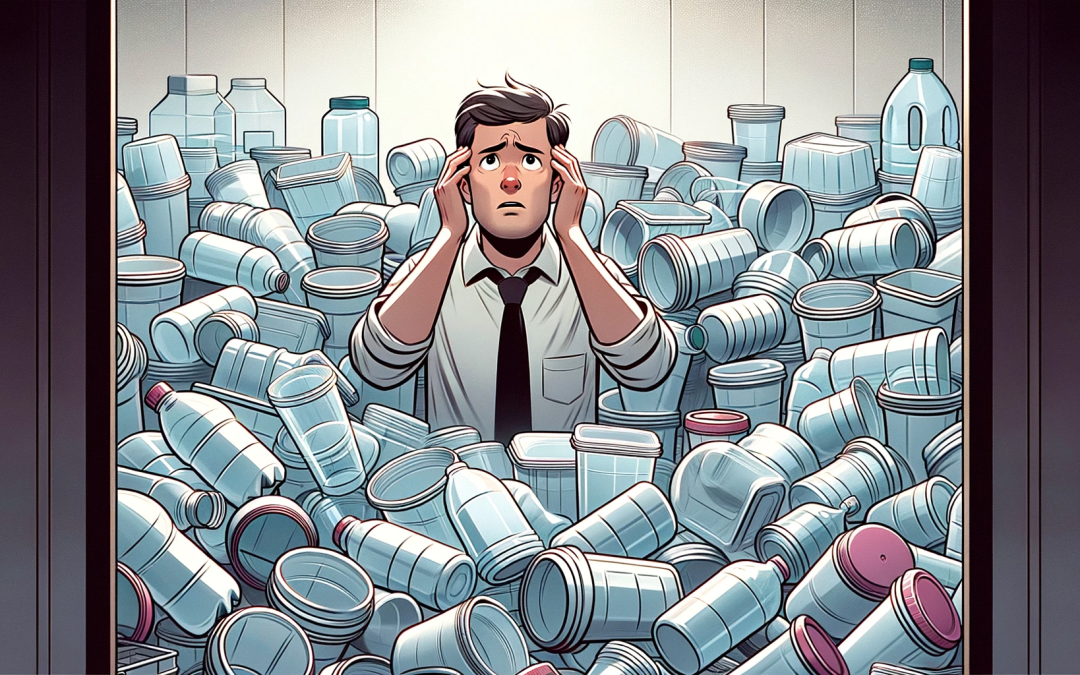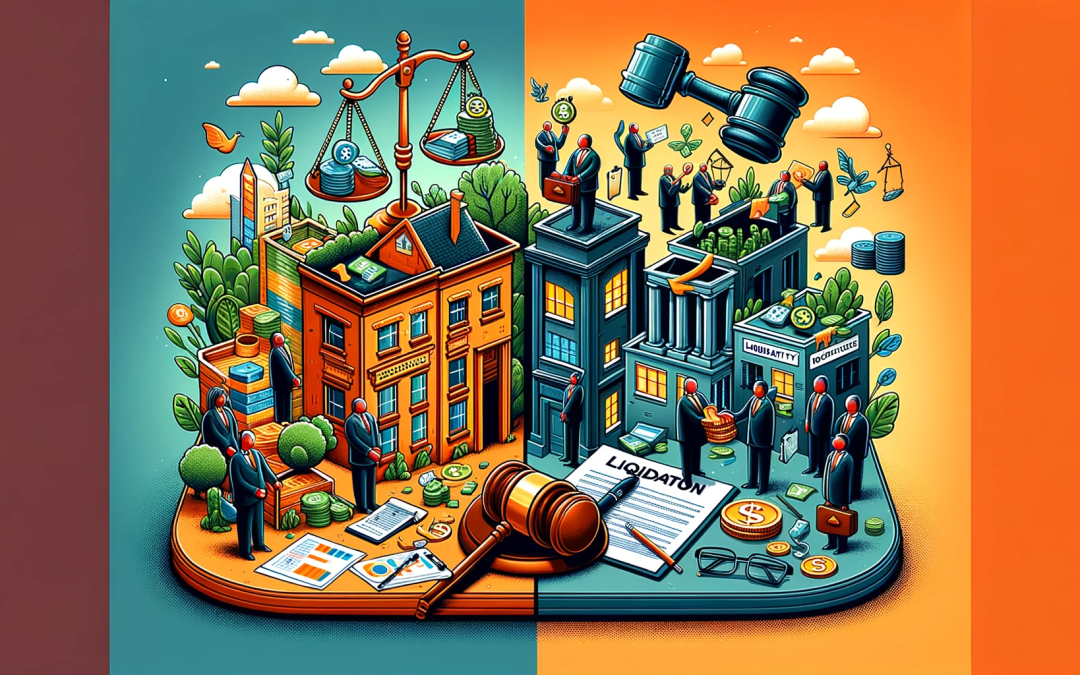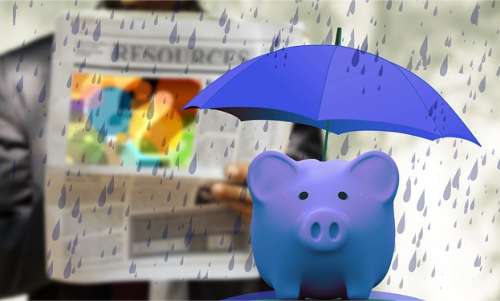What is reckless credit?
In simple terms, credit is considered to be reckless if it is clear from the outset that the Consumer will not be able to afford the repayments, or if no affordability test was done at all.
In our case study (below), the affordability test was indeed done, but it was clear that she would not be able to afford the repayments. It therefore seems that the credit was granted recklessly.
Lucy signed a credit agreement with a prominent bank some time ago. The agreement was a loan for a motor vehicle and her monthly repayments amount to R10 000 a month. Lucy earns a nett salary of R25 000 a month and in month two she discovers that the repayment for the vehicle is too much for her to afford. Lucy has asked her brother in law, who is a financial planner, to assist her with reworking her budget and expenses in order to ensure that she can make payment to the entities that she needs to.
In looking at Lucy’s budget, it is clear to her brother in law that she most definitely can not afford the vehicle repayment of R10 000. Lucy does recall filling in a form setting out her monthly expenses at the bank when applying for credit but does not have a copy of the agreement at hand. When obtaining the agreement from the bank, it seems from the form that it was very clear that Lucy could not afford the repayment of R10 000 per month and Lucy’s brother in law is sure that the credit was granted to Lucy recklessly.
Important to note at this point, is if you are unsure of the contents of any agreement, it is always advisable to obtain legal advice before signing same. Look at this article looking at some common concerns found in agreements
What is the Legislation regarding Reckless Credit?
Section 80 of National Act, 34 of 2005 provides as follows regarding reckless credit:
1) A credit agreement is reckless if, at the time that the agreement was made, or at the time when the amount approved in terms of the agreement is increased, other than an increase in terms of section 119(4)-
(a) the credit provider failed to conduct an assessment as required by section 81(2), irrespective of what the outcome of such an assessment might have concluded at the time; or
(b) the credit provider, having conducted an assessment as required by section 81(2), entered into the credit agreement with the consumer despite the fact that the preponderance of information available to the credit provider indicated that-
(i) the consumer did not generally understand or appreciate the consumer’s
(ii) entering into that credit agreement would make the consumer overindebted.
2) When a determination is to be made whether a credit agreement is reckless or not, the person making that determination must apply the criteria set out in subsection (1) as they existed at the time the agreement was made, and without regard for the ability of the consumer to risks, costs or obligations under the proposed credit agreement; or
(a) meet the obligations under that credit agreement; or
(b) understand or appreciate the risks, costs and obligations under the proposed credit agreement, at the time the determination is being made. 30
How is reckless credit proven?
In general, reckless credit is raised as a defence by consumers who have fallen in arrears with the repayments in terms of their credit agreements. It is a factual determination, which means that the person alleging that it was reckless should provide proof substantiating same. This principle was established in the matter of SA Taxi Securitisation (Pty) Ltd v Mbatha , the court emphasised that due to the number of false allegations of reckless credit by consumers, such allegations must be supported with factual proof.
In our case study Lucy would have to provide the agreement with the completed affordability schedule together with the proof she provided to the bank supporting her application which documents should clearly indicate that she could not afford the repayments and that all of the information provided by her was indeed truthful.
What happens if an agreement constitutes reckless credit?
Section 83 of the NCA provides as follows:
1) Despite any provision of law or agreement to the contrary, in any court proceeding in which a credit agreement has been considered, the court may declare that the credit agreement is reckless, as determined in accordance with this Part.
2) If a court declares that a credit agreement is reckless in terms of section 80(1)(a) or 80(1)(b)(i), the court may make an order –
- setting aside all or part of the consumer’s rights and obligations under that agreement, as the court determines just and reasonable in the circumstances; or
- suspending the force and effect of that credit agreement in accordance with subsection (3)(b)(i).”
Section 84(1) provides that during the period that the force and effect of the credit agreement is suspended in terms of this Act the consumer is not required to make any payment required under the agreement and no interest, fee or other charge under the agreement may be charged to the consumer. It is further provided that the credit provider’s rights under the agreement, or under any law in respect of that agreement, are enforceable, despite any law to the contrary.
Accordingly, if a Court declares a credit agreement to be reckless it can either set aside the consumer’s rights and obligations in whole or in part or suspend the force and effect of the credit agreement.
If you are faced with a similar problem and feel that an agreement you are party to may constitute reckless credit, please contact our offices for assistance in this regard. Our professionals have ample experience in this field and are well equipped to assist you in this regard













